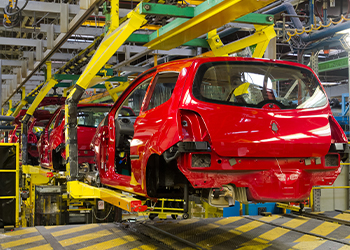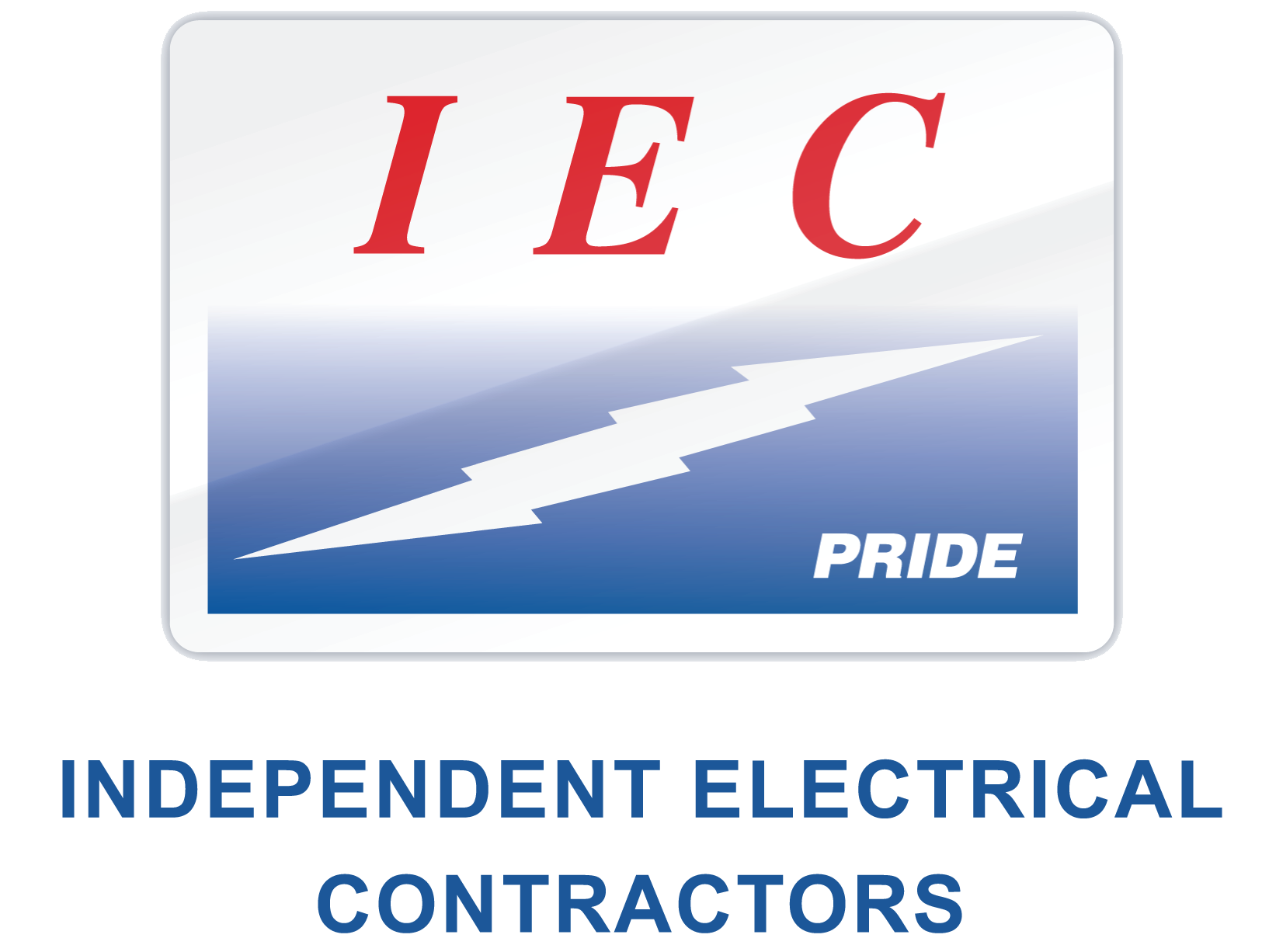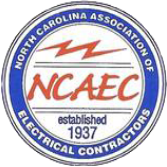
Automotive Manufacturing
 Electrical control panels play a crucial role in the Automotive Manufacturing Industry by serving as the nerve center for various processes and systems within the production environment. These panels are essentially a collection of electrical components and devices that work together to control and monitor machinery, ensuring seamless operation, safety, and efficiency in the manufacturing process. Here’s an expanded discussion on their significance and functionalities:
Electrical control panels play a crucial role in the Automotive Manufacturing Industry by serving as the nerve center for various processes and systems within the production environment. These panels are essentially a collection of electrical components and devices that work together to control and monitor machinery, ensuring seamless operation, safety, and efficiency in the manufacturing process. Here’s an expanded discussion on their significance and functionalities:
- Automation and Process Control: Electrical control panels facilitate automation in automotive manufacturing by controlling the operation of machinery and processes. Automated systems enhance efficiency, reduce human error, and contribute to consistent product quality. These panels integrate with programmable logic controllers (PLCs) to execute precise instructions for tasks such as assembly line operations, welding, painting, and quality control.
- Integration of Multiple Systems: Automotive manufacturing involves a complex network of machinery and systems. Electrical control panels act as a central hub that integrates various components like sensors, actuators, motors, and other devices. This integration ensures that different processes work in harmony, allowing for a synchronized and streamlined production line.
- Safety Features and Emergency Shutdowns: Safety is a top priority in the automotive industry. Electrical control panels are equipped with safety features such as emergency shutdown buttons, overload protection, and fault detection systems. These features help in rapidly responding to any potential hazards, ensuring the well-being of workers and preventing damage to equipment.
- Remote Monitoring and Diagnostics: Many modern electrical control panels are equipped with advanced communication capabilities, allowing for remote monitoring and diagnostics. This enables maintenance teams to monitor equipment status, identify potential issues, and perform troubleshooting without physically being on the shop floor. Remote monitoring enhances overall equipment effectiveness and reduces downtime.
- Energy Management: Automotive manufacturing facilities consume substantial amounts of energy. Electrical control panels contribute to energy efficiency by optimizing the usage of motors and other power-consuming devices. Variable frequency drives (VFDs) incorporated in these panels help regulate motor speed, reducing energy consumption during periods of low demand.
- Adaptability to Changing Production Needs: The automotive industry is dynamic, with production demands often changing. Electrical control panels are designed to be flexible and easily adaptable to different manufacturing requirements. The ability to reprogram and reconfigure control systems allows manufacturers to quickly adjust production processes in response to market demands or design changes.
- Quality Control and Data Logging: Precision and consistency in product quality are paramount. Electrical control panels contribute to quality control by implementing systems for monitoring and regulating critical parameters. They also often include data logging capabilities, enabling manufacturers to gather and analyze production data for continuous improvement initiatives.
- Compliance with Industry Standards: Automotive manufacturing is subject to strict regulatory standards and safety norms. Electrical control panels are designed and built to comply with these standards, ensuring that the manufacturing process adheres to industry regulations and guidelines.
In summary, electrical control panels serve as the backbone of automation and control in the Automotive Manufacturing Industry. Their integration, safety features, adaptability, and contribution to energy efficiency make them indispensable components for ensuring efficient and reliable production processes.
Our Industries
- Agricultural Industry
- Automotive Manufacturing
- Chemical Laboratories
- Chemical Processing Industry
- Data Centers
- Educational Institutions
- Entertainment and Broadcasting Industry
- Food and Beverage Processing Industry
- Manufacturing Industry
- Medical Equipment Manufacturing Industry
- Mining and Minerals Processing Industry
- Oil and Gas Industry
- Pharmaceutical Manufacturing Industry
- Pulp and Paper Manufacturing Industry
- Rail Transportation Industry
- Renewable Energy Industry
- Research Laboratories
- Telecommunications Industry
- Textile Industry
- Transportation Industry
- Water and Wastewater Treatment
- Controls Services MAIN PAGE >












